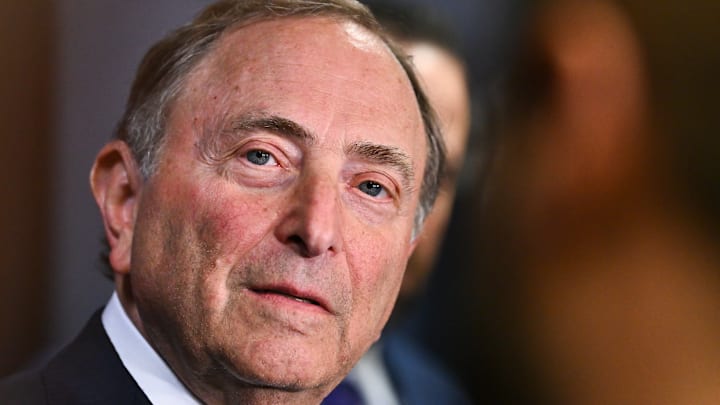Labor unrest seems to be a very integral part of the NHL's history. Over the last 30 years, the NHL owners have locked the doors on the players three different times. The most famous lockout came when the league lost an entire season in 2004-05. Just to understand what was lost that season, the league was forced to push Sidney Crosby's rookie year, might have lost the final year of Hall of Famers Mark Messier, Scott Stevens, and Ron Francis, and missed John Tortorella's Tampa Bay Lightning defending their Stanley Cup.
The lockout in 1994 lost all but 48 games. The 2012 lockout did the same exact thing, and the ensuing rush of players to Europe and Russia might have caused one of its stars, Ilya Kovalchuk, to abruptly retire from the New Jersey Devils to play in the KHL. Lockouts are not good for either side. Sometimes, they come to necessary agreements, but it always leaves us wondering why they couldn't come to the agreement in the first place.
Of course, there are always egos involved, especially when talking about important topics like salary structure, revenue sharing, rule changes, player safety, and discipline. Every few years, these topics become front and center during the next version of the Collective Bargaining Agreement negotiations.
Better known as the CBA, the agreement is the life force to avoid a lockout. It's the set of rules and regulations in which the sport must be played and managed. It can impact literally everything about the game. The CBA can impact max contracts, the trade deadline, the schedule, and more.
That is why these negotiations are so contentious. Of course, the ego gets in the way when neither side wants to give up an inch, but there are important factors at play.
That's why it was so surprising how smoothly the last negotiation went. After agreeing to a CBA in 2013 after a three-month lockout, the NHL decided to negotiate an amended extension in 2020. They wrapped up the return-to-play negotiation into the next CBA negotiation. It's possible the COVID-19 pandemic put things into perspective for both sides, but it seemed like the best-case scenario to just give everyone more time to figure out what was going on in the immediate future.
When does the current NHL CBA expire?
So, the current CBA is now in place until 2026. The players were forced to pay back any lost revenue due to the pandemic, but that seems to be whole now as the salary cap is expected to start rising at a more normal rate this offseason. This season, the salary cap is $83.5 million. Next season, we could see a jump that brings it to $87.7 million. This would bring us back to pre-pandemic jumps.
We don't have to worry about a lockout until 2026. Hopefully, the negotiations go smoothly again. We don't want to lose games at a critical point in hockey. Viewership is going up around North America with TV deals secured with ESPN and TNT. Losing momentum, along with losing any games from the end of Alex Ovechkin or Crosby's career. We'd lose games from the prime of Connor McDavid, Nathan MacKinnon, and Jack Hughes. We can all agree the best we can all hope for is an easy negotiation. For now, we'll enjoy the fact it's still a little less than three years away.
